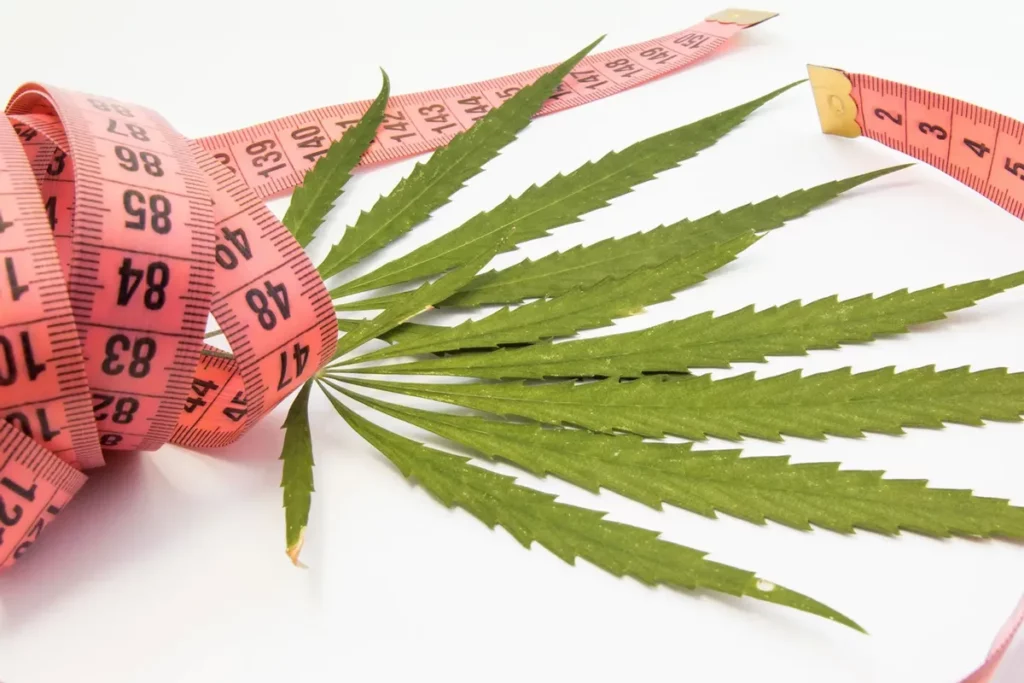Culture
Can Marijuana Help with Weight Loss?
As the popularity of medical marijuana continues to grow, many individuals are curious about the potential effects of smoking weed on weight loss. While some claim that marijuana can aid in shedding pounds, the evidence remains inconclusive. In this article, we will delve into the research surrounding the relationship between marijuana use and weight, exploring the potential benefits and risks associated with smoking weed.
The Impact of Marijuana on Metabolism
Limited research exists on how marijuana directly affects metabolism. However, some studies suggest that smoking marijuana may lead to an increased metabolism. These studies propose that marijuana can elevate energy expenditure and accelerate breathing, resulting in higher energy utilization by the body.
Examining the Link Between Marijuana and Weight Loss
In 2011, a study published in TIME magazine surveyed 52,000 individuals and found that 17% of marijuana users were obese, compared to 25% of nonsmokers. This led to speculation that smoking marijuana can cause weight loss. However, subsequent research has provided conflicting results.
A more recent study revealed that marijuana users consumed more calories than non-users, yet still maintained a lower average weight. This discrepancy raises questions about whether marijuana directly causes weight loss or if other lifestyle factors contribute to lower weight among marijuana users. Ongoing research aims to elucidate this relationship.
The Role of CBD in Weight Loss
Cannabidiol (CBD), a component found in marijuana, does not produce the psychoactive effects associated with marijuana use. While there is interest in exploring CBD’s potential for weight loss, the current evidence is limited. One study suggested that CBD may convert unhealthy white fat cells into brown fat cells, which are easier to burn. However, more research is needed to determine if this effect has a significant impact on weight.
The Munchies: Marijuana’s Influence on Appetite
It is widely acknowledged that marijuana can stimulate appetite, commonly known as “the munchies.” This increased appetite often leads individuals to consume unhealthy, calorie-dense foods. While this may suggest a risk of weight gain. However, some argue that marijuana’s metabolic changes counterbalance the additional calorie intake associated with the munchies.
Exploring Obesity Statistics Among Marijuana Users
While studies have examined the relationship between marijuana use and weight, comprehensive statistical data on the general population is lacking. However, existing research does indicate that marijuana users tend to have a lower likelihood of obesity compared to non-users. Yet, the specific impact of marijuana use on weight remains an ongoing subject of investigation.
Weighing the Risks: Potential Health Concerns
While marijuana’s effect on weight may be intriguing, it is crucial to consider the potential risks associated with its use. Research has demonstrated that marijuana use can lead to increased blood pressure, cholesterol levels, and triglycerides. Moreover, marijuana use is often accompanied by other unhealthy behaviors, such as alcohol consumption and tobacco or illicit drug use, which can further impact overall health.
Additionally, marijuana use can result in addiction, causing both physical and psychological harm. Furthermore, smoking marijuana exposes individuals to similar toxins and cancer-causing agents as tobacco smoke, potentially leading to respiratory issues and decreased lung function over time. It is essential to acknowledge these risks before considering marijuana as a weight loss solution.
Seeking Help for Marijuana Use Disorder
For individuals struggling with marijuana use, seeking treatment for addiction is crucial. The National Institute on Drug Abuse reports that approximately 30% of marijuana users experience some level of cannabis use disorder. Treatment facilities, such as Laguna Treatment Hospital, offer evidence-based programs that support individuals in overcoming marijuana addiction and improving overall health.
Conclusion: A Holistic Approach to Weight Loss
Although studies suggest that marijuana users tend to have lower weights. It’s important to emphasize that using marijuana for weight loss is not advisable. Even if conclusive evidence were to establish that marijuana leads to weight loss, the potential risks linked to its usage, including addiction, heightened cancer risk, and cardiovascular issues, surpass any potential benefits.
When it comes to weight loss, adopting a healthy diet and engaging in regular exercise remain the most effective and safe methods. By taking a holistic approach to weight management, individuals can achieve their goals while prioritizing overall well-being.




